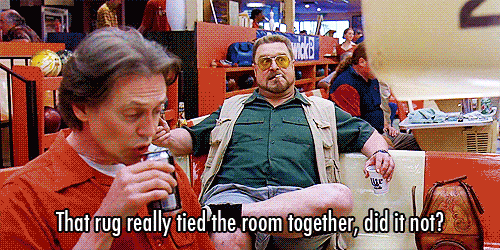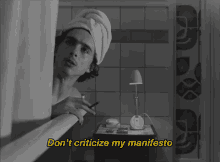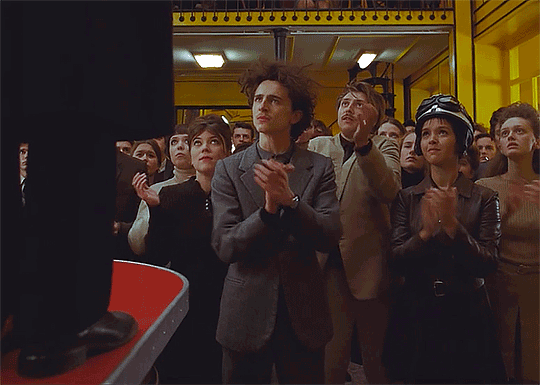Five Hundred and Sixty Pages Later.
Reflecting on the Journey to My First Beta Read
Last week I sent my fantasy novel to other people. It's just a Beta read, but for the first time, someone else will look at that screen and read the words I wrote. Someone else will know the story that has only previously lived in the eye of my mind.
I don’t know if it’s good, or great, or terrible yet. But I know that it’s 170,032 words, I know it took me 971 days to get to this point, and I know that getting to this point, a rough draft, in itself is a huge accomplishment.
Since this is a blog about writing, I’d like to share some things I’ve learned so far. TLDR: Writing a book is hard.
Initially, this was supposed to be a neatly organized article, but it turns out I had a lot of thoughts, so it morphed into something more like loose change of ideas, feel free to skim at your leisure!
Outlines, Drafting, & Discovery Writing
When I started writing this book, I cannot emphasize this enough— I had no idea what I was going to write. And therefore, I had no outline and no idea what I was doing. But the only way to actually do something, even writing a book, is to, well, start it. So I accidentally became a discovery writer.
“ But the only way to actually do something, even writing a book, is to, well, start it.”
For the first 50k words or so, I was working with nothing more than vague emotions and ideas. At first, even those were loose, constantly shifting things. But eventually, I landed on three: Wonder, Coziness, and Dread. And I think sticking to those ideas naturally formed a story around them.
This gif has nothing to do with what I'm talking about but it's just a killer line
A lot has been written about the importance of having an outline and the struggles of discovery writing, but I was stubborn enough to learn by experience. Not having an outline probably added at least 250 days to my drafting time and maybe another 100 to my editing. And eventually, I had to make an outline anyway. But on the other hand, it also produced some really interesting things that I wouldn’t have found otherwise.
Was that trade worth it? No. Would I know that if I hadn’t jumped into the fire headfirst? Also no.
Writing to Scenes
I realized I tend to visualize specific scenes and work towards writing them, with the plot naturally forming in the gaps. I’m not sure how common this is, but my instincts tell me it worked.
Interestingly, I think this might be a generational thing. TikTok and Instagram Reels have taken movies and turned them into edits—bite-sized pieces consisting of emotional music and one scene or a few powerful lines from a work. They communicate the feeling and emotion of a 2-hour movie in 30 seconds. As I’m writing this, I’m realizing only now how big of an impact that probably had on me.
Sharing My Book
This was the first time I shared my book in its entirety, but not the first time I shared pieces of it. I wrote essentially word vomit for the first twenty thousand or so words and, maybe foolishly, decided to share that first section with some close friends of mine.
That was certainly a humbling choice. But I also think it’s maybe the best thing I did that first year of writing. Collaboration is the conveyor belt to creativity. Novel writing is an extremely lonely, hard, and isolating journey. But just being able to sit and talk with someone made it so much clearer what points were interesting. It also made it clear how much farther my writing had to go to be actually enjoyable to read.
“Collaboration is the conveyor belt to creativity.”
I rewrote almost every word of what those friends read, but I would do it again. It was a much-needed grounding that made the work I have now much better.
Editing
I completely underestimated this process. You read a lot of people in online forums talking about how much work editing is, and it’s really easy to think, “Oh, well, it’ll be different for me.”
It wasn’t. Not on my first book, anyway. I spent, in terms of hours, probably just as much time editing as I did drafting, and that isn’t even counting rewrites.
Here is a thing I found helpful, though: Reading out loud (and doing character voices). This significantly helped me nail down character voice (as well as narration voice) and was a massive help for me.
Also, I will never undervalue having a team again. I feel like if I had someone in my ear helping me talk through things, editing would have been so much easier.
Writing Made Me a Better Writer
This is the kind of groundbreaking news you come here for. In total, including what I cut, I probably wrote around 250k words for this draft. That’s a ton of words. And when I went back to edit, it was entirely clear which words were close to the 30k mark and which were close to the 250k mark.
“The best way to learn is by doing” is a tired saying, but that doesn’t mean it’s wrong.
Consistency & Grit
The only thing I’ve done that compares to writing a novel is exercise. Want to put on muscle? Go to the gym 5x a week for a few years. Want to run a marathon? Get ready to run most days for the next year or so.
Novel writing is an absolute grind; it is a mental battle with yourself to form habits and stay on track. It’s a sacrifice, but similar to lifting weights or running, it’s extremely rewarding.
Grit is passion and perseverance for very long-term goals, and if that idea intrigues you, I recommend you check out Angela Duckworth’s work.
Stop Thinking and Do It
“I read somewhere that a lot of successful people are just dumb enough to try something stupid and just clever enough to figure it out.”
I read somewhere that a lot of successful people are just dumb enough to try something stupid and just clever enough to figure it out. Well, I’ve got the former; now I just need to get the latter.
Overthinking is death. So maybe I take back my earlier point about the outline. Or maybe not. I’ll let you figure that one out.



